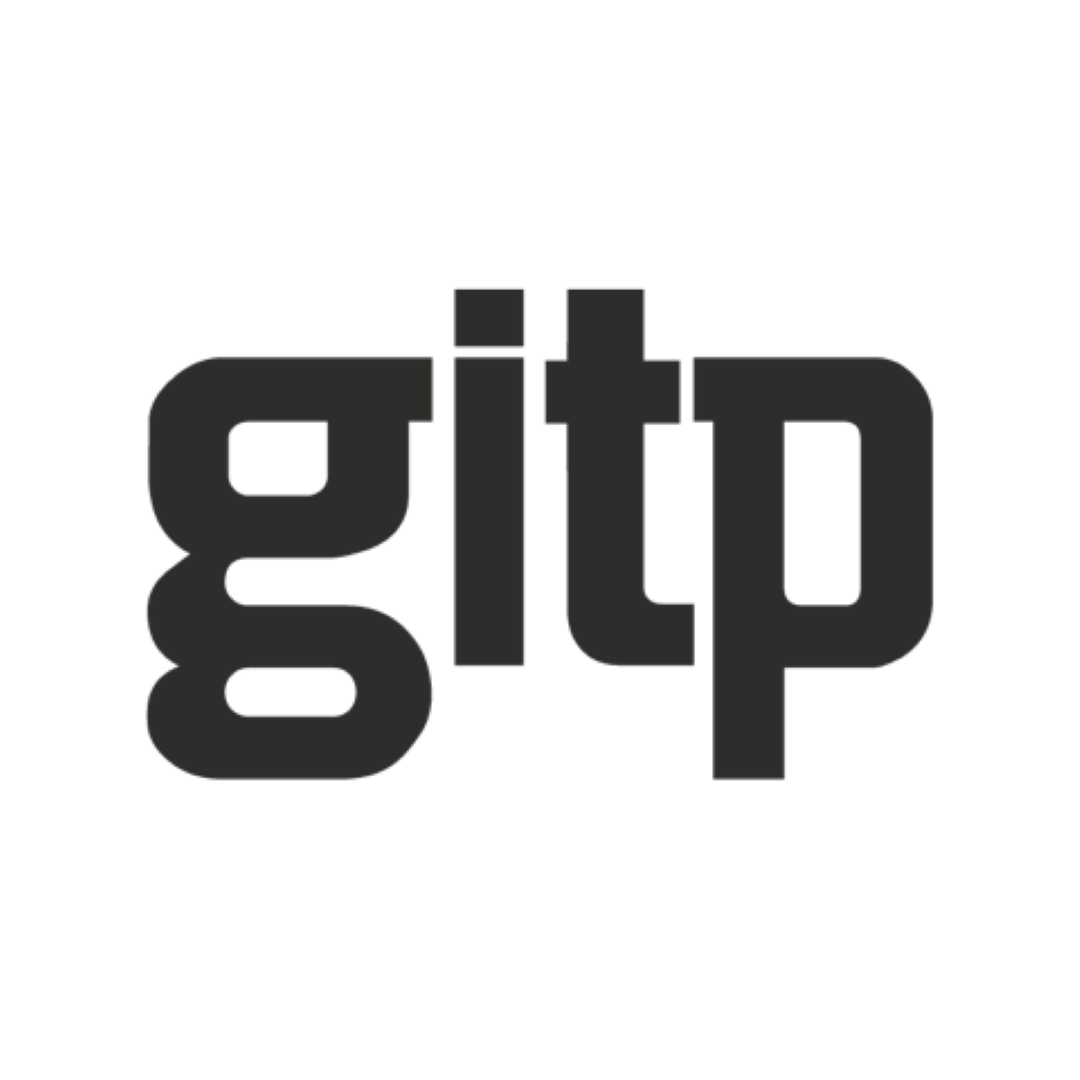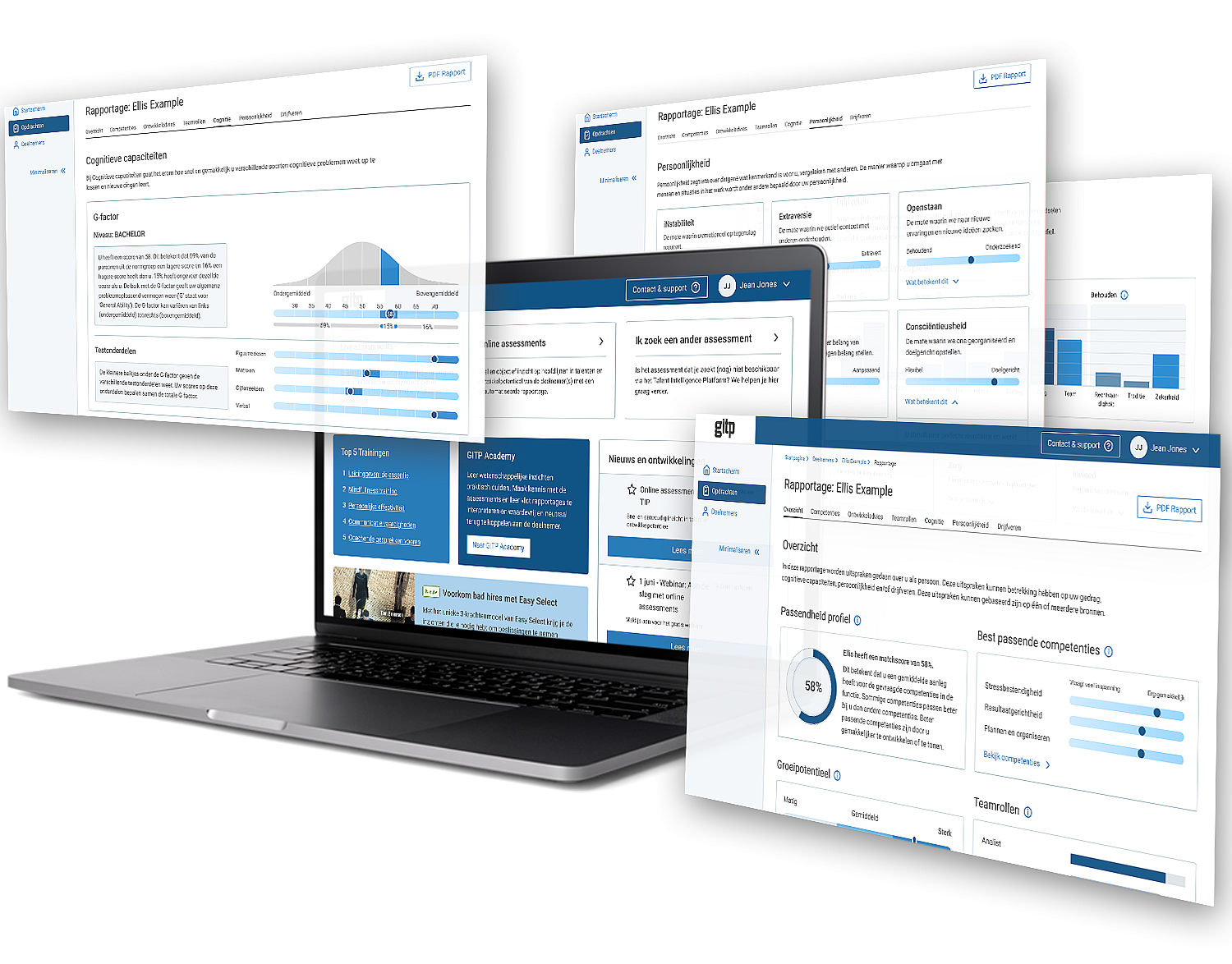
Learning and Development with Trajectory and Practical Mentors in Forensic Investigation

A few years ago, Erik faced the challenge of developing a training program for trajectory guides and practical coaches at the Forensic Investigation service. Erik explains, “There was a backlog of people who had been hired but hadn’t received training. We had to involve people in the field as guest lecturers and support trajectory guides and practical coaches in mentoring young colleagues.” Thus, the seed for the program was planted.
With a total of 65,000 employees, the Police is one of the largest employers in the Netherlands. Erik acknowledges, “You can’t change such a large organization top-down. It requires support from the field. Bringing about successful change with such a large population is a huge challenge.” Despite this, Erik and his team were undeterred. “The desire to bring the academy and forensic field closer had been simmering for ten years when I started,” Erik recalls. “No one took the initiative to ensure that we invest in training and developing our people who coach and mentor colleagues in practice."
Generational Differences and Mentorship
Changing the learning and development approach within an organization doesn’t happen overnight. It’s a step-by-step process. The trajectory and practical mentors in Forensic Investigation are a strategic group to start with if you aim to grow into a genuinely learning organization. Erik notes, “The Forensic department employs about 1,500 people. Investing in 200 people who play a crucial role in coaching and mentoring has a significant impact on the culture of learning and development within the entire Forensic Investigation.”
Co-creating the Program
Mechtelt Prins, the project leader and head trainer from GITP, explains, “In the program, we considered different learning preferences, work pressure, and communication styles. Working in Forensic Investigation is a multifaceted job. You work with many different people and face quite a few intense situations.” The program’s approach had to be solid. Erik adds, “We took our time designing the learning trajectory. This was done in co-creation with the field and GITP. GITP constantly kept our needs in mind while also maintaining focus on the project’s goals.”
Through a process of continuous refinement and improvement, they developed a program that has remained largely unchanged across 18 groups. “The high ratings from colleagues who participated were the crowning achievement,” says Erik.
Mechtelt adds, “I feel that through this project, we’ve been able to contribute to a cultural shift within the Police regarding learning and development. The openness and connections formed during the program have been incredibly inspiring and valuable. Co-creating the program was a fantastic experience. It proves that collaboration is essential!”
Wider Impact
For Erik, the main benefit of this project is the example it sets for the rest of the organization. “For years, there have been attempts to bring the academy and the field closer together within the Police. When we started, we knew that if this project succeeded, it would have a massive impact on the entire forensic organization. Achieving this through collective effort is something I’ll always remember.”
Collaboration with GITP
“GITP understood the context, cohesion, and importance within the larger picture. They zoomed out to see what was happening, which is truly distinctive and critical for a successful project,” says Erik. He also praises the openness in collaboration and the consistently positive feedback from participants: “Maintaining a consistent level of quality for a group of 180 to 200 participants is impressive. The sessions’ quality remained uniform, highlighting the trainers’ and the program’s value.”
Looking Forward
Although the project is completed, the journey doesn’t end here. Erik hopes the project will act as a catalyst for adopting similar approaches in other areas. “This project was pioneering, but now it’s time to consolidate. We need to formalize the methodology into a clear, repeatable program for other branches of the Police and other target groups within Investigation.”
Project Duration: 3 years
Learning Group Duration: 1 year
Number of Groups: 18
Number of Participants: 180
Learning Tools: Competency questionnaire, 360-degree feedback, online learning environment, individual sessions, online peer coaching, on-site training days, training actors
Project Leader: Mechtelt Prins
Trainers: 6 GITP trainers

Ask one of our consultants. We're here to help! Call 088 448 70 00 or schedule a consultation.



